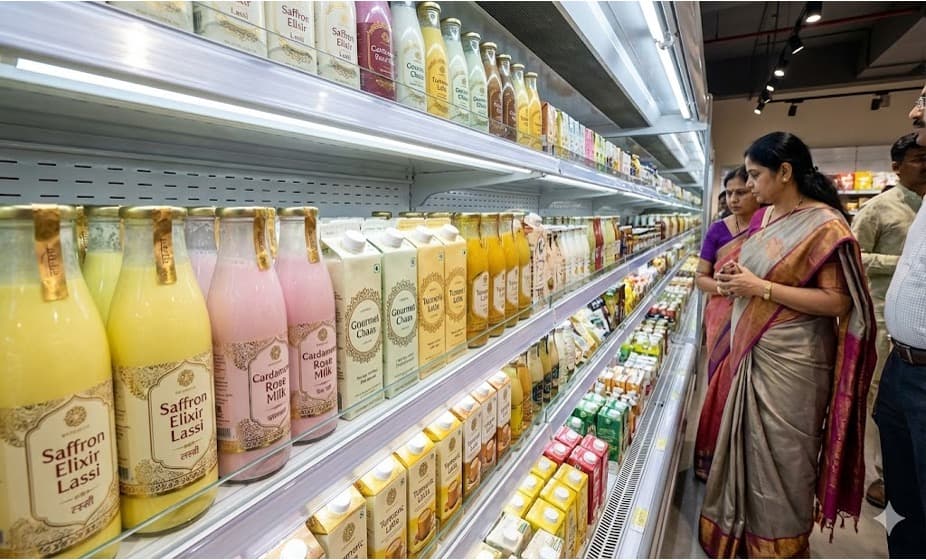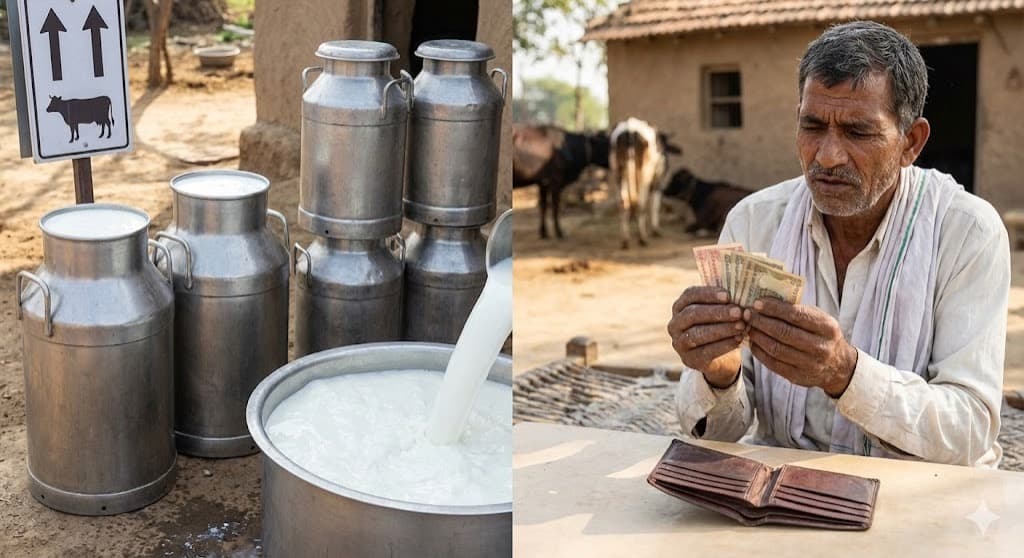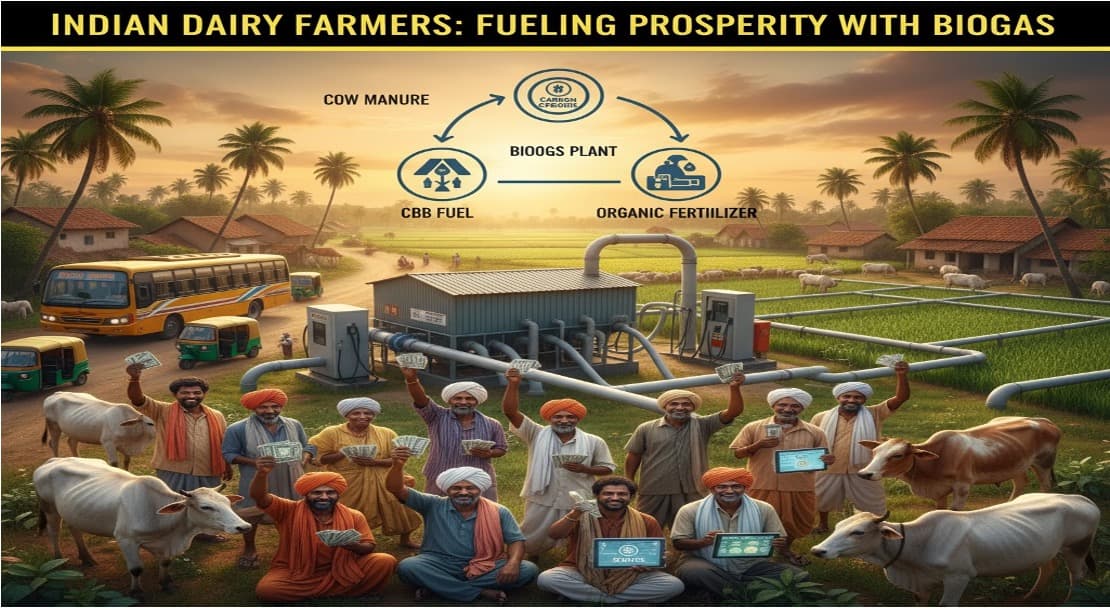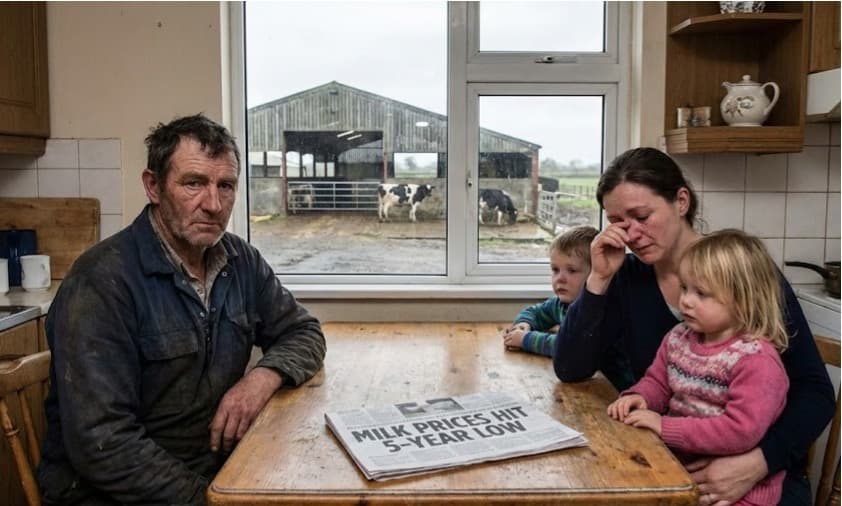Who Will Solve Israel’s Milk Crisis? Not Bezalel Smotrich
The neosocialists are in shock. They don’t understand how it’s possible that there’s no milk in the stores. After all, the milk cartel is their ultimate dream. Everything there is planned and orchestrated from above in true North Korean style, so how is it possible that there’s a shortage of milk?
No other place in the Western world has a milk market like Israel’s. It’s a cartel run by the Israel Dairy Board, comprised of dairy farmers, who set the price of raw milk for themselves, which is why it’s so high. The price is set on the basis of the Bolshevik system of cost-plus, and the results are predictable – inefficient dairies and milk prices that are 30 percent higher than in Europe.
The dairy board also determines how much milk each farm will produce, and the farms are forbidden to produce more. And obviously, when the price for raw milk is so high, prices for dairy products will also be sky-high (aside from price-controlled products). The cartel suffers from other problems as well – mediocre product quality and not much variety, as befits a socialist economy.
To maintain these outrageous prices, the state imposes high protective tariffs that prevent the import of milk and other dairy products (aside from small, temporary quotas). That enables the dairy farmers to celebrate all the way to the bank, while the public pays and weeps.
A few days ago, after consumers’ cries had reached the heavens, Finance Minister Bezalel Smotrich graciously took a brief break from his important business regarding the settlements and the government’s planned legal overhaul to deal with what finance ministers are supposed to deal with. He announced, very belatedly, that he was canceling the tariff on milk (40 percent) for three months to allow cheap imports from Europe.
Smotrich doesn’t understand that the chances of milk actually being imported are very small. It doesn’t pay to sign an import contract for just three months. It doesn’t pay to invest in logistics and kashrut certification (a major obstacle, and an expensive one) when the business will last for only 90 days.
Smotrich also forgot to mention that he is the person primarily to blame for the shortage. For a year and a half now, dairies have been arguing (correcting) that production costs have increased, so making price-controlled milk no longer pays. But Smotrich violated a written agreement with them and, with typical arrogance, let them raise prices by just 9.3 percent instead of the 16 percent they needed.
The dairies, unwilling to lose money, then slashed their production of price-controlled milk and switched to making enriched or lactose-free milk, which aren’t price-controlled. And thus a shortage was created.
The story is remarkably similar to the butter crisis of 2021, when the dairies stopped making butter, creating a shortage, because the prices of the price-controlled product hadn’t been updated. The shortage continued until tariffs were canceled, imports began and the shortage disappeared.
Smotrich is a particularly bad finance minister . He is working the equivalent of a quarter-time job. He shows up at the ministry only twice a week, and even then just for a few hours in the evening. His office isn’t functioning, and ministry staffers say they’ve been taken prisoner by a minister who isn’t carrying out reforms.
The milk crisis could be solved, but doing so would require abandoning the neosocialist model in favor of a competitive model. We need to abolish the cartel, close the dairy board, remove all tariffs on imported milk and other dairy products and open the market to free competition. Once this happens, dairy farms will become more efficient, prices will fall, quality will improve, variety will increase, exports will begin and the dairy farmers will earn even more than they do now.
But for this to happen, we need a serious finance minister who understands economics, not a delusional extremist like Smotrich, whose performance to date makes him a serious rival to Yisrael “Herod” Katz for the title of “worst finance minister in history.”









